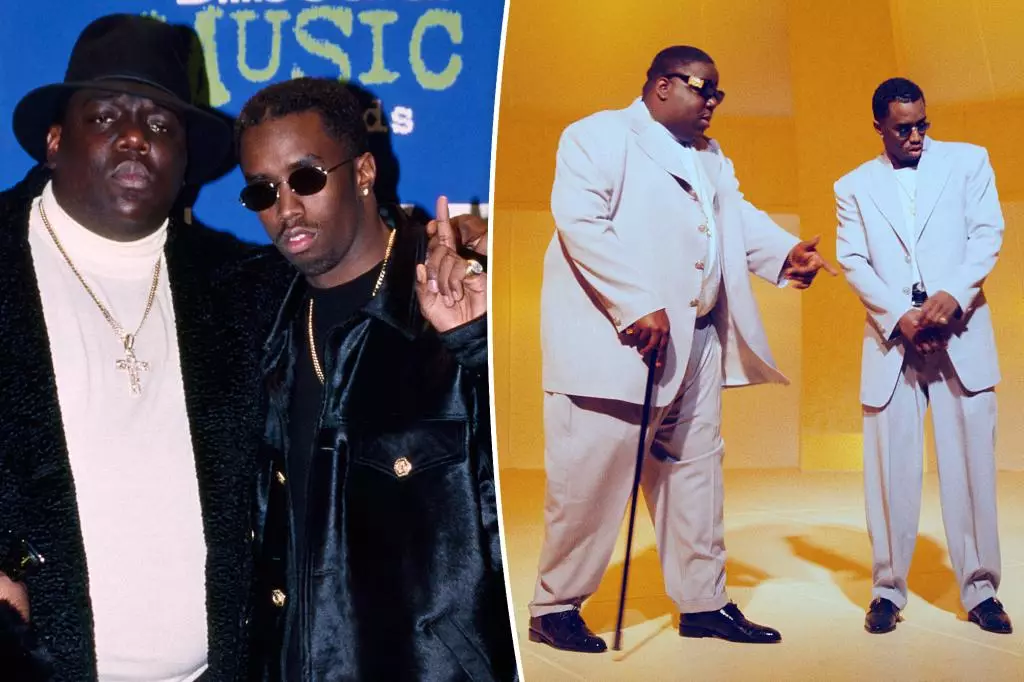In the realm of celebrity culture, few figures evoke as much attention as Sean “Diddy” Combs. From his musical success to his entrepreneurial ventures, he has cultivated an image of resilience and influence. Yet, recent legal confrontations have cast shadows over his public persona, revealing a complex web of accusations and defenses that expose the fragility of fame. Notably, the allegations resonate less as isolated incidents and more as symbols of the intense scrutiny celebrities live under—where their personal lives are dissected, weaponized, and sometimes sinisterly mythologized.
While Combs’s legal battles have dominated headlines, it’s essential to recognize the psychological and social toll such accusations can inflict on individuals. The cycle of public shaming, legal scrutiny, and media frenzy often ignores the human cost behind the headlines. Celebrities are compelled to defend their integrity against allegations—some unfounded, some substantiated—yet the process itself wielies emotional trauma. The apparent dichotomy between a public image of wealth and success and the private battles they face underscores a fundamental truth: fame offers no immunity from personal vulnerability or legal peril.
Distinguishing Fact from Fiction in a Culture of Sensationalism
The recent lawsuit against Diddy, involving startling allegations ranging from drug-fueled misconduct to disturbing sexual accusations, exemplifies how sensational headlines overshadow nuanced understanding. The claims, which involve shocking behaviors at an LA warehouse and a decades-old incident from 2005, are entangled in a narrative designed to captivate and provoke outrage. However, critical analysis demands recognition of the importance of evidence, context, and the presumption of innocence until proven guilty—a principle often compromised amidst pervasive media speculation.
More concerning, perhaps, is how society tends to accept allegations at face value, especially when they involve high-profile figures. This pattern can serve to reinforce existing societal biases, whether related to race, wealth, or celebrity status. The media’s role in amplifying, sensationalizing, or even sometimes misconstruing complex legal cases cannot be understated; it influences public perception and sometimes undermines the due process that ensures justice.
Furthermore, the legal strategies employed by Combs’s team in response to these allegations reflect a broader debate: how do public figures effectively counter accusations that threaten their reputation? His team’s assertions of innocence and references to acquittals on other charges highlight a conflict between the legal realities and social narratives. In today’s digital age, a celebrity’s reputation can be both exponentially amplified and swiftly dismantled, making the courtroom’s outcome just one layer in a layered societal phenomenon.
Broader Implications: The Impact on Justice and Society
In scrutinizing these unfolding events, one must question the societal standards that perpetuate such controversies. Is there an intrinsic demand for absolute morality in stars who are, after all, flawed humans? More crucially, how do these allegations affect public discourse about consent, law, and accountability? While victims must be protected and heard, the overshadowing of due process by public outrage can perpetuate a dangerous culture of presumed guilt.
Equally important is recognizing that celebrities are often reduced to caricatures—either villains or victims—limiting the complexity of human experiences. The legal system, imperfect as it is, should serve as a neutral arbiter, yet the reputation of powerful individuals frequently sways public opinion before judgments are rendered. The fallout from such allegations underscores a societal tendency to shoot first and ask questions later, often with devastating consequences for all involved.
As Combs’s case demonstrates, the intersection of legal adjudication and media sensationalism reveals society’s obsession with spectacle over substance. It reminds us that beneath the glitz and glamour, public figures grapple with their own moral and emotional dilemmas—complex individuals who, like everyone else, are deserving of fairness and nuance amid controversy. In the end, the power lies not just with the allegations or defenses but also with society’s capacity to judge with discernment and empathy.
